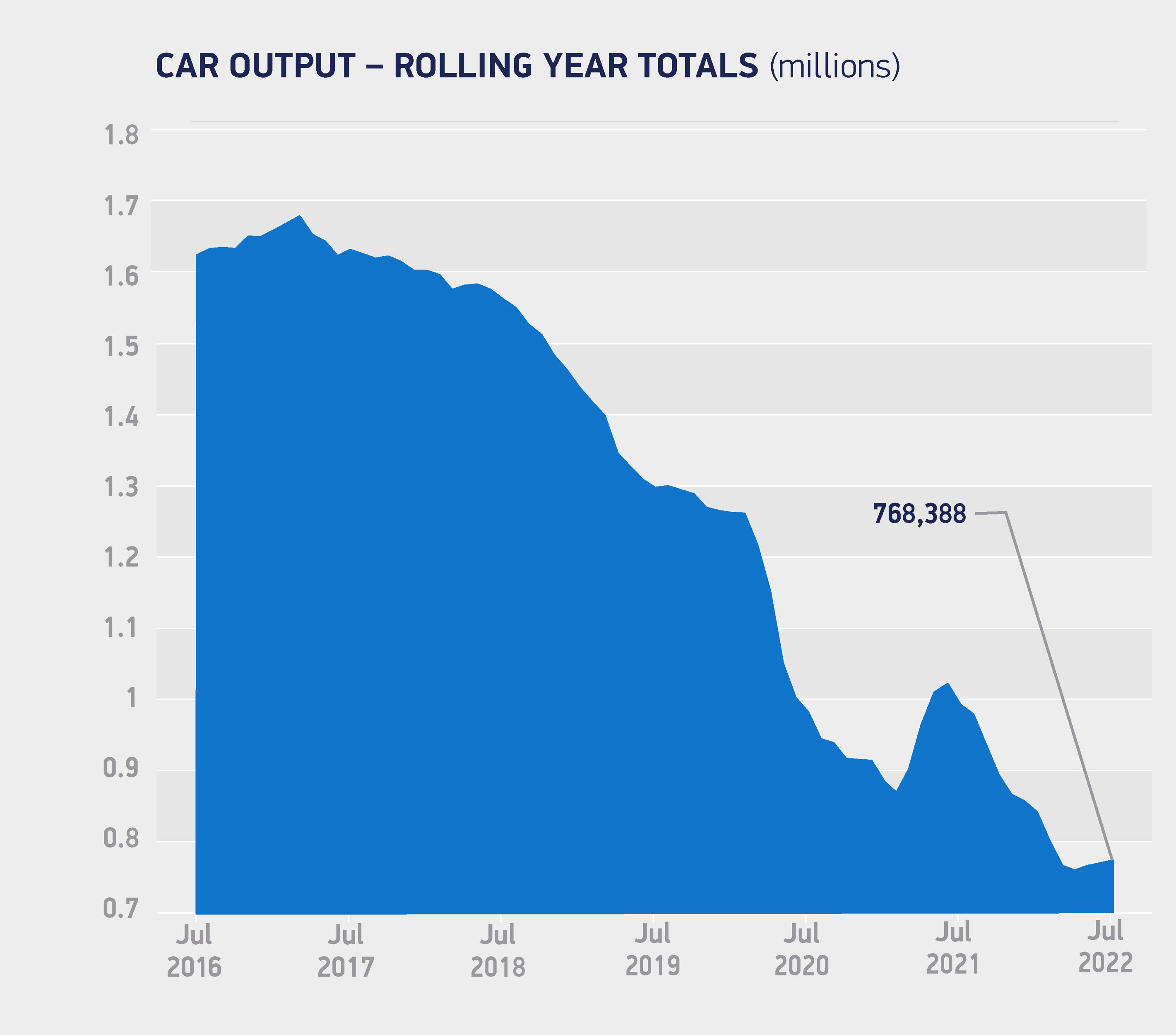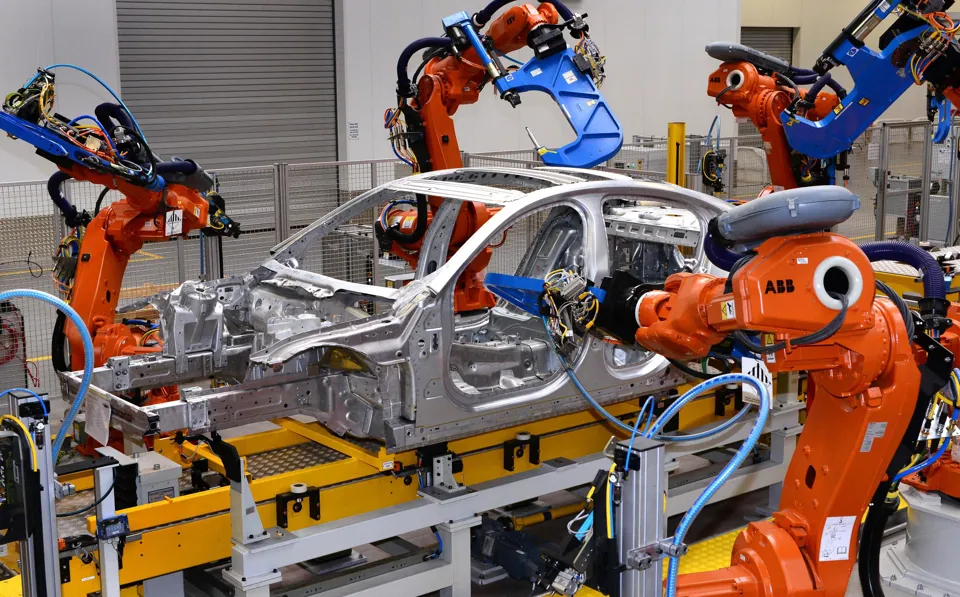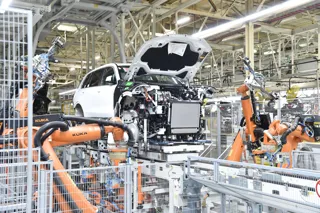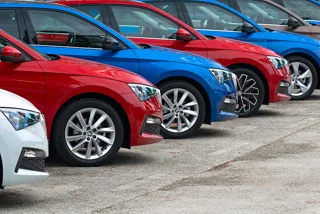UK car production increased for the third consecutive month in July, up 8.6% to 58,043 units, according to new figures from the Society of Motor Manufacturers and Traders (SMMT).
Factories turned out 4,605 additional units in the month, a sign that component shortages may finally be beginning to ease, says the automotive trade body.
Year-to-date, however, UK car production is 16.5% below the same period in 2021, at 461,174 units, representing a shortfall of 91,187 units.
Furthermore, the sector is still some distance from matching its pre-pandemic output, which is down by almost half (46.4%).
SMMT’s chief executive, Mike Hawes, said: “A third consecutive month of growth for UK car production is welcome and gives some hope that the supply chain issues blighting the sector may finally be starting to ease. But other challenges remain, not least energy costs which are increasing at alarming rates.
“If we are to attract much needed investment to drive the production of zero emission vehicles, urgent action is needed to mitigate these costs to make the UK more competitive for manufacturing. This must be a priority for the next Prime Minister else we will fall further behind our global rivals, risking jobs and economic growth.”
Almost a third (29.9%) of all cars made in July were either battery electric (BEV), plug-in hybrid (PHEV) or hybrid electric (HEV), amounting to 17,356 units, with BEV volumes up 65.9%.
Production for the UK market was up 40.7% to 11,583 units, with exports also up, but by a more modest 2.8%.

Shipments continue to drive the sector, accounting for eight out of 10 cars made (80%), though exports to top markets the EU and US fell by 7.3% and 22.8% respectively. Orders from China and Japan, meanwhile, rose 54% and 40.1% respectively.
Year-to-date, some 78.8% of all cars made in Britain since January have been shipped overseas, with some six in 10 of them (59.3%) destined for the EU.























Login to comment
Comments
No comments have been made yet.